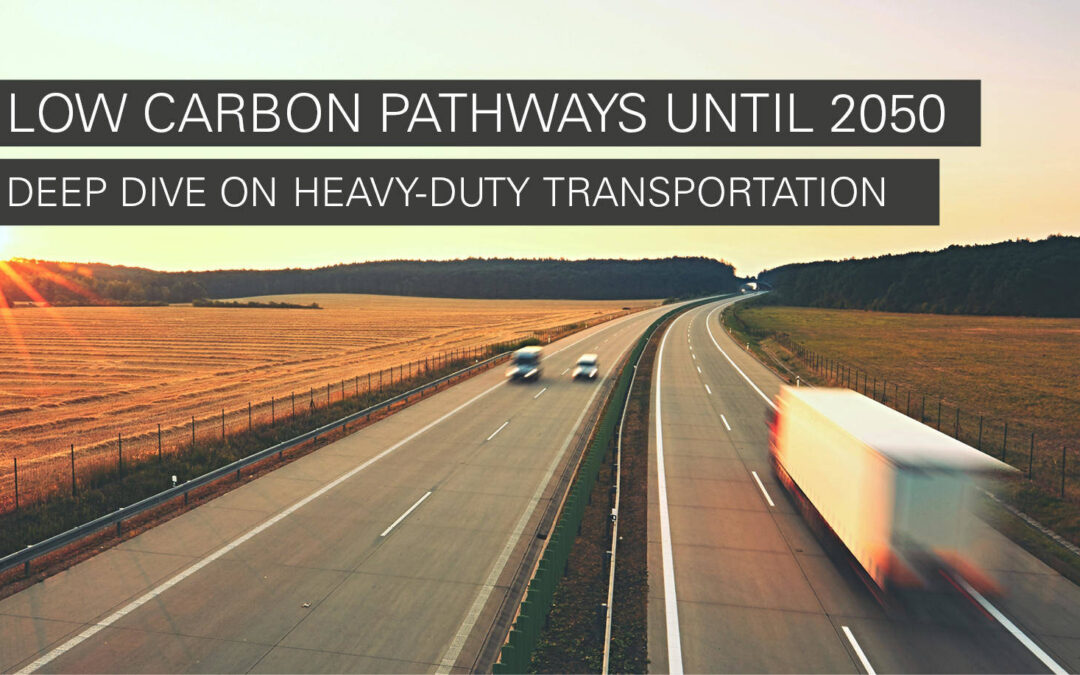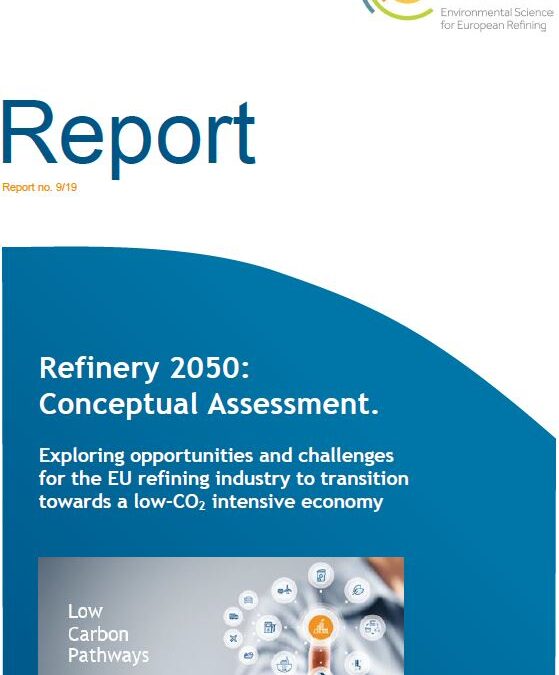

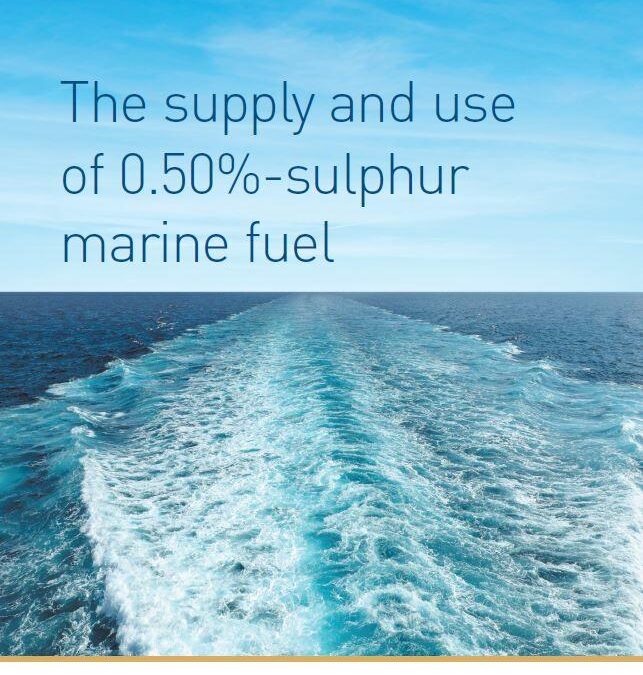
Joint Industry Guidance on the supply and use of 0.50%-sulphur marine fuel
In October 2016, the International Maritime Organization (IMO) confirmed a global limit for sulphur in fuel oil used on board ships of 0.50% m/m (mass by mass) to become effective on 1 January 2020. The implementation of this regulation will have far-reaching...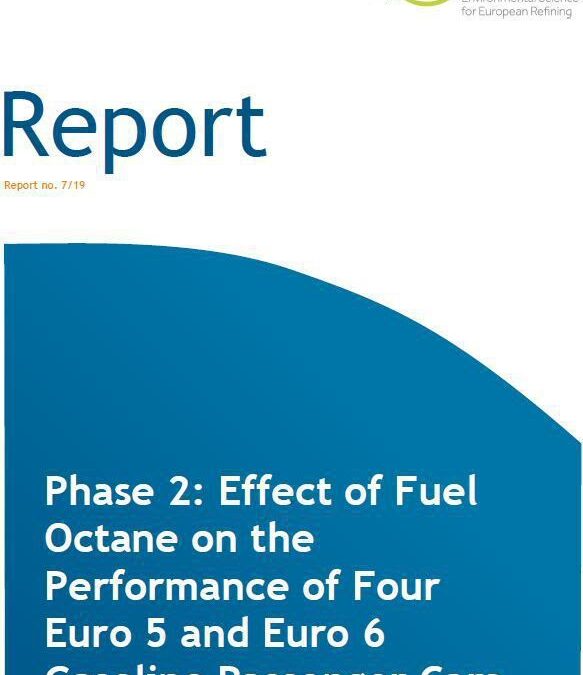
Phase 2: Effect of Fuel Octane on the Performance of Four Euro 5 and Euro 6 Gasoline Passenger Cars
Report no. 7/19: Research Octane Number (RON) and Motor Octane Number (MON) are used to describe gasoline combustion antiknock performance under different conditions. Recent literature suggests that MON is less important than RON in modern cars due to a move towards...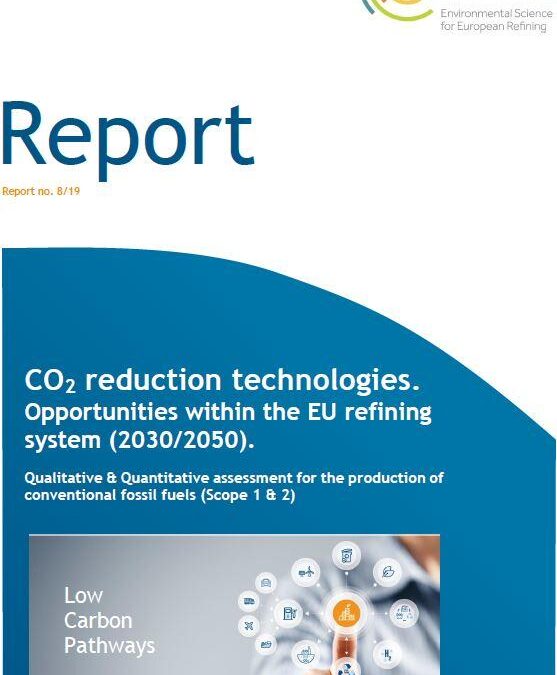
CO2 reduction technologies. Opportunities within the EU refining system (2030/2050). Qualitative & Quantitative assessment for the production of conventional fossil fuels (Scope 1 & 2)
Report no. 8/19: This report describes the work being conducted by Concawe with the objective to explore a range of Low Carbon Pathways with the potential to reduce the CO2 emissions associated with the production of refined oil products. This document demonstrates...